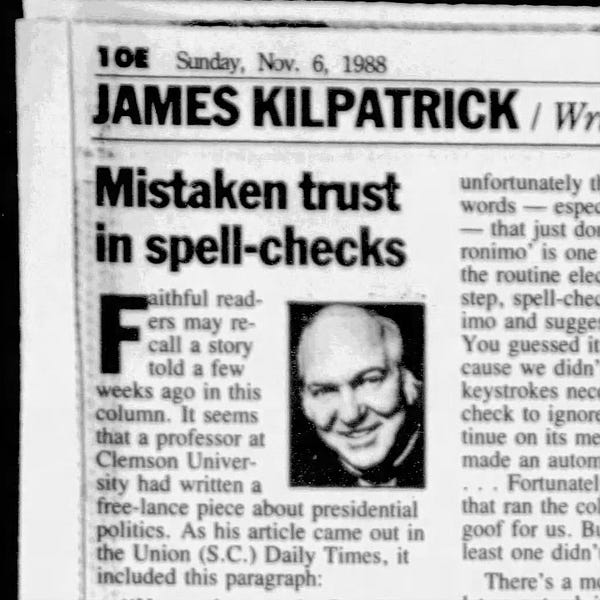- RuntheAI
- Posts
- The Parallels of ChatGPT and the Typewriter
The Parallels of ChatGPT and the Typewriter
Good Morning AI Runners
Here's what we've got for you today:
The Parallels of ChatGPT and the Typewriter
Stable Diffusion faces legal action
The Parallels of ChatGPT and the Typewriter
I wanted to share with you an interesting post from the Pessimists Archive Newsletter about the current panic surrounding AI and how it's not the first time technology has caused concern.
The article brings up the example of the NYC School District blocking Chat-GPT on school computers, which is similar to past protests by teachers about computers, calculators, Wikipedia, and Google.
The post also delves into how other technologies, such as the internet, have caused similar concerns about the education of children and young adults. For example, in 2000, The Guardian questioned whether students' work was truly their own or just a download from the internet.
But it's not just educators who have panicked about new technology, artists have too. The rise of generative AI has sparked questions about fair use and copyright, with a new class action lawsuit just filed on the matter (more on that below). Astrid Wilde pointed out that these concerns mimic the backlash to music sampling in the 1980s.
The post also brings up an interesting discovery, an 1898 article titled "The Typewriter in Social Correspondence" which argues that resistance to using typewriters for personal correspondence will inevitably come to an end. The writer acknowledges some prefer the individuality and sentimentality of hand-written letters, but argues that typewritten letters have many advantages. And just like the typewriter, Chat-GPT and other new technologies will also eventually be accepted and utilized for their advantages.
So, as the Pessimists Archive puts it, "What we're seeing now has played out numerous time thorough history." This serves as a reminder that while new technologies may cause concern, they ultimately become integrated into our lives and society.
Big shoutout to Pessimists Archive Newsletter for the great read.
Stable Diffusion faces legal action
Are you ready for some legal drama? 'Cause we've got a doozy for you!
A group of lawyers have filed a lawsuit against a few companies, Stability AI, DeviantArt, and Midjourney.
They're accusing these companies of using the AI tool Stable Diffusion to steal the copyrighted works of millions of artists without their permission or compensation.
The artists are mad and the lawyers are raking in the dough.
We'll keep you updated on this legal drama as it unfolds.

Run The AI: PPPs
Pick up (learn):
Air Street Capital's Guide to AI:
Pilot (play):
This website uses AI to take any text you input and turn it into the voice of a character you select. The character's voice can be from a variety of sources such as movies, TV shows, or even animated characters.
A clever guy used Rick's voice from Rick & Morty to create a TikTok news account using fakeyou and dall-e and grew his TikTok account to over 5k followers.
How I used AI to pull off the ultimate tik tok hack.
I went from no engagement to 4500 followers and 19k likes in less than 4 weeks using DALLE 2 from openAI. @OpenAI
🧵— Amir Bomani (@Amir_dbab)
5:50 AM • Dec 15, 2022
It is possible that using a copyrighted character's voice in this manner could be considered copyright infringement but I just got the idea to try this out on a dedicated RunTheAI YouTube channel with Rick delivering the AI news and updates ha!
Person:
Dr. Fei-Fei Li, is the inaugural Sequoia Professor in the Computer Science Department at Stanford University, and Co-Director of Stanford’s Human-Centered AI Institute. She served as the Director of Stanford’s AI Lab from 2013 to 2018. And during her sabbatical from Stanford from January 2017 to September 2018, she was Vice President at Google and served as Chief Scientist of AI/ML at Google Cloud.
Pic of the day:

That's it from RunTheAI for today.
THANK YOU FOR READING AND SEE YOU TOMORROW, SUBSCRIBE TO STAY UPDATED!

